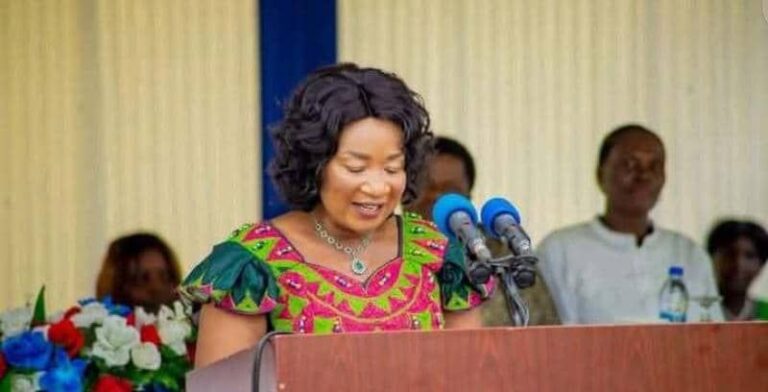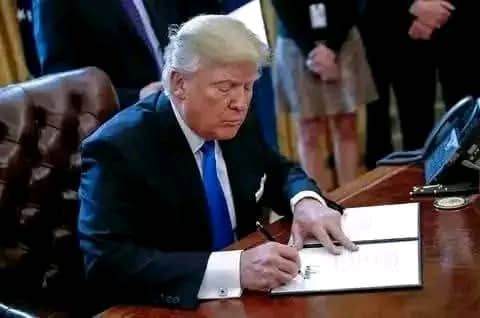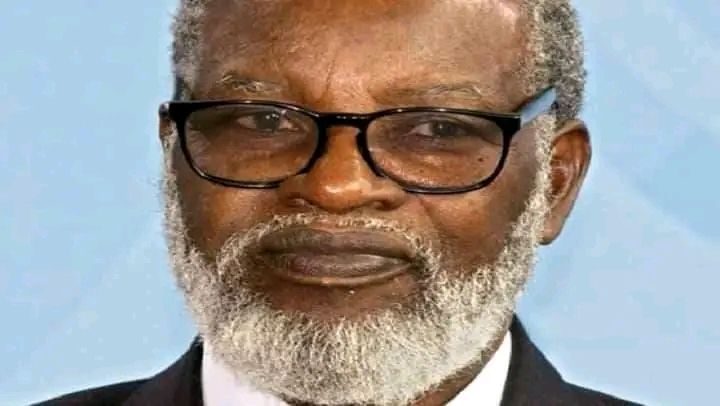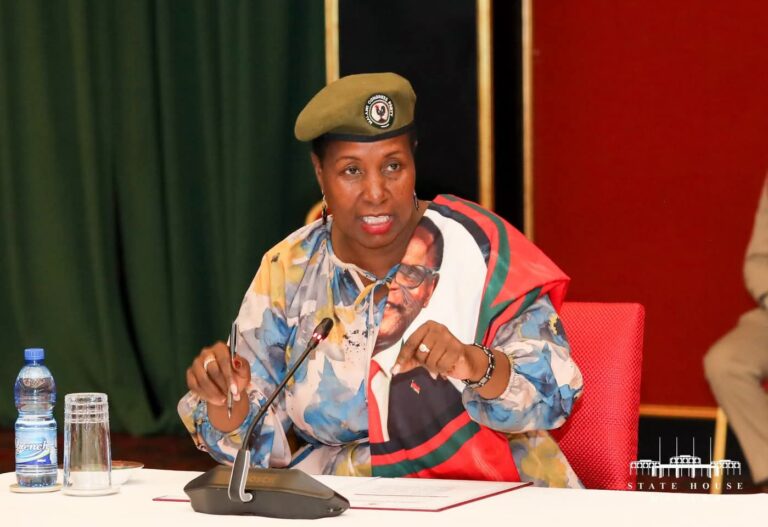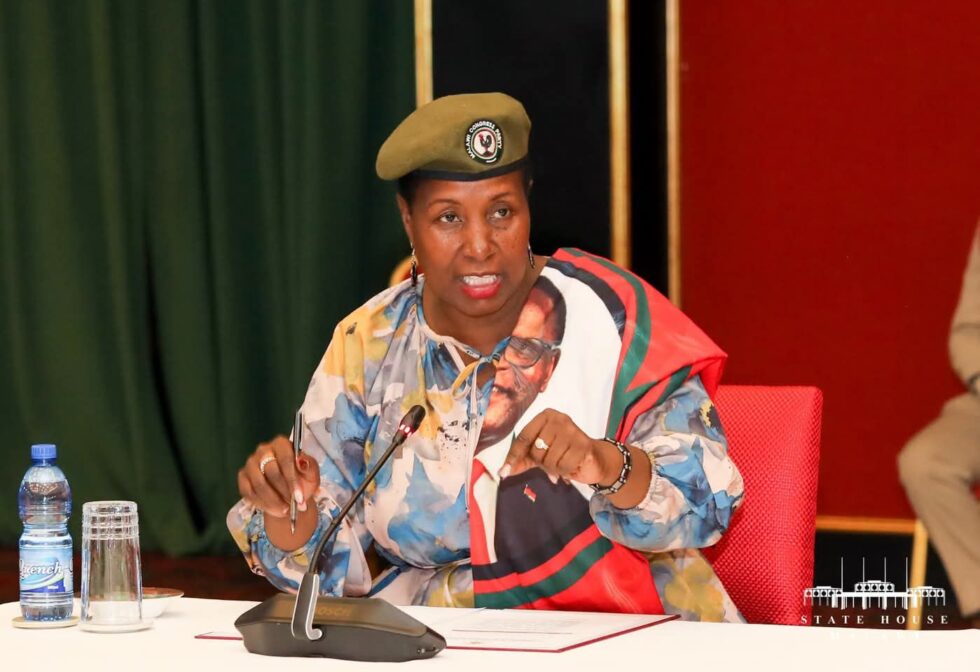By Burnett Munthali
In a powerful demonstration of unity and shared purpose, several women from various religious faith groups gathered in Mangochi for a thanksgiving ceremony, where Malawi’s First Lady, Gertrude Mutharika, was the esteemed guest. The event, marked by a spirit of gratitude and solidarity, brought together women from different cultural and religious backgrounds to celebrate their collective achievements and contributions to society.
The thanksgiving ceremony, which was held at a local venue in Mangochi, served as an opportunity for participants to reflect on their individual and collective journeys, as well as to acknowledge the blessings they had received throughout the year. The gathering not only highlighted the importance of thanksgiving but also emphasized the role that women, especially in the context of faith-based communities, play in shaping the social fabric of Malawi.
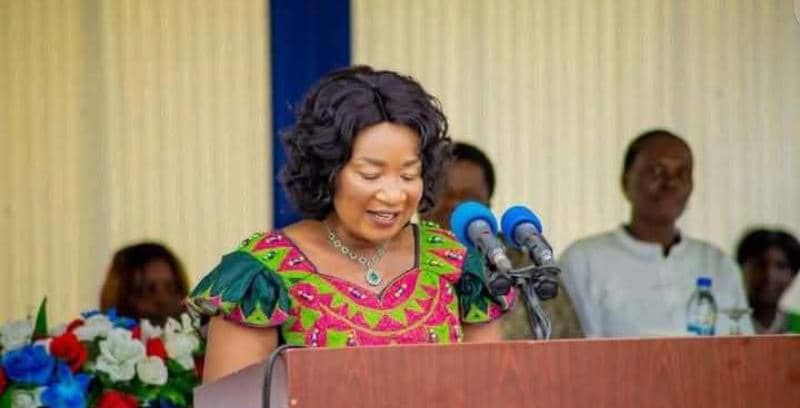
As the guest of honor at the ceremony, First Lady Gertrude Mutharika’s presence was a symbol of support for women’s empowerment and religious harmony. Her participation in the event highlighted the government’s acknowledgment of the critical role that women play in the socio-economic development of the country.
In her remarks, Mutharika emphasized the importance of unity, peace, and collaboration among women of diverse religious affiliations. She pointed out that the event was an example of how differences in faith can be set aside for the greater good of the community. Her speech focused on the importance of women supporting one another, irrespective of religious beliefs, to build stronger communities and a more inclusive society.
The First Lady’s involvement also reinforced the idea that religious tolerance and collaboration are essential for the nation’s development. She acknowledged the significant contributions of women in fostering peace, social welfare, and education, particularly in marginalized communities.
The event also marked a celebration of the collective strength of women across various religious communities. Women from Christianity, Islam, and other faith groups participated actively, sharing testimonies of how their religious beliefs had empowered them to overcome personal challenges and contribute meaningfully to the welfare of their families and communities.
The diversity in attendance showcased the unity among women of different faiths in Malawi, underlining that despite the religious differences, they all shared the common goal of improving the lives of those around them. This unity became a cornerstone of the event, as women openly embraced each other and worked together to support one another’s causes.
The thanksgiving ceremony also included calls for continued collaboration and action to support women’s rights, education, and health. Several speakers, including religious leaders, emphasized the need to continue fighting for equal opportunities for women in all spheres of life, including in the political and economic sectors.
Women at the event shared their hopes for a future where gender equality is fully realized, where women have access to equal opportunities, and where they can actively participate in decision-making processes. They also called for more efforts to address issues such as gender-based violence, child marriage, and lack of access to education, particularly in rural areas.
The participation of women from different religious faiths was seen as a reminder that these challenges require collective efforts and that women, regardless of their religious beliefs, have a significant role in effecting social change. By working together, women can create a stronger, more inclusive society that ensures the well-being and advancement of all its members.
The thanksgiving ceremony in Mangochi was more than just a religious event; it was a symbol of unity and a powerful reminder of the strength and resilience of women in Malawi. Through their faith and collective action, women are driving positive change in their communities and inspiring future generations.
First Lady Gertrude Mutharika’s involvement underscored the importance of celebrating the contributions of women from all walks of life, and her call for continued collaboration and unity among religious communities resonated deeply with those in attendance. As Malawi continues to navigate its social and economic challenges, it is clear that the collective efforts of women, working together across religious and cultural lines, will play an essential role in building a more peaceful, prosperous, and equitable society.


